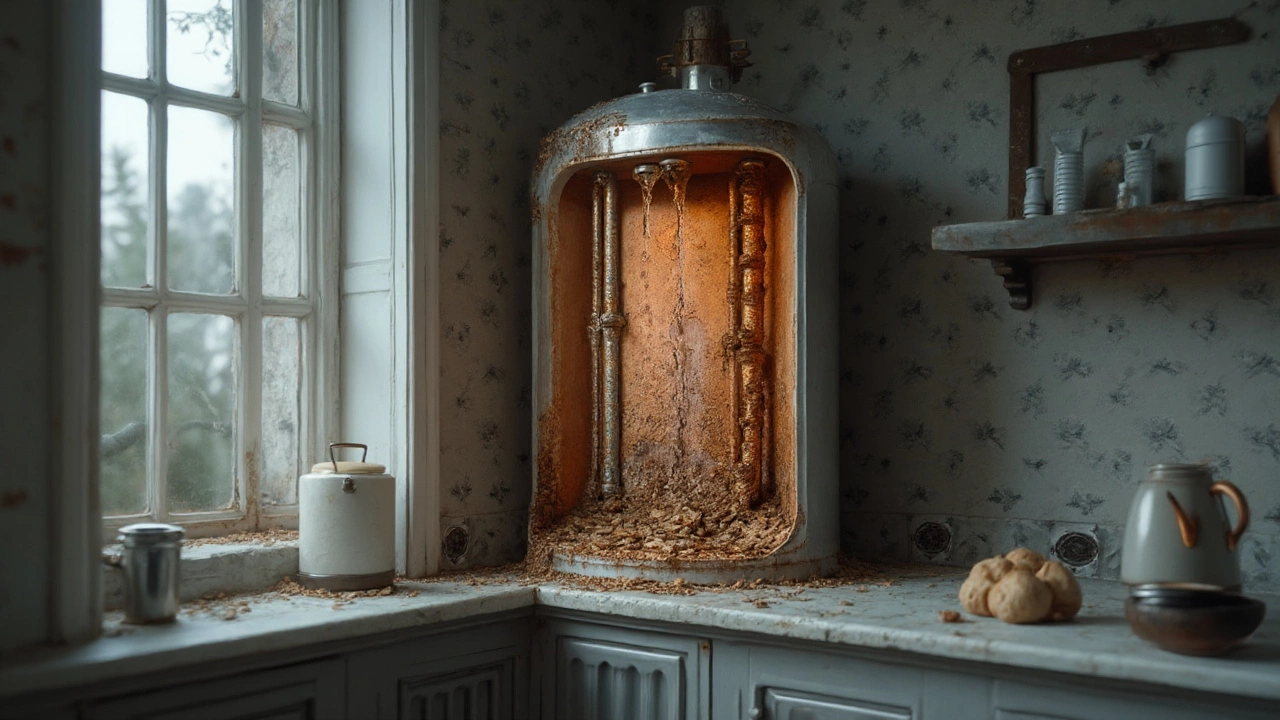Hot Water Maintenance: Keep Your Showers Warm and Your Heater Happy
Ever had a cold shower surprise you mid‑morning? Most of the time it’s not a broken pipe, but a neglected water heater. A few easy habits can stop the hassle and stretch the life of your unit.
Spot the Signs Before They Turn Into Problems
First thing you should do is listen. A rumbling or ticking sound often means mineral buildup. If water takes longer to heat up, the heating element might be wearing out. Leaks around the base are a red flag – they can cause rust and lower efficiency. Spotting these clues early saves you a costly repair later.
Simple Maintenance You Can Do Yourself
Turn off the power or gas, then drain the tank. Let the water run out, wipe the inside with a soft cloth, and let the tank dry for a few hours. Flushing removes sediment that lowers performance. While you’re at it, check the pressure‑relief valve – push the test lever; water should gush out briefly. If it doesn’t, replace the valve before it fails.
Next, keep the thermostat set to 120°F (49°C). Too hot and you waste energy; too low and you risk bacterial growth. A quick knob check takes under a minute and cuts down on heating cycles.
If you notice the pilot light flickering on a gas heater, clean the burner and ensure the vent isn’t blocked. A dirty burner can cause uneven heating and raise your gas bill.
When the unit is older than ten years, schedule a professional inspection. Technicians can test the anode rod, which protects the tank from corrosion. A failing rod is a common cause of premature leaks.
Remember the “reset” issue many homeowners face. If your heater constantly trips the reset button, it’s usually a failing heating element or a thermostat problem. Turning it off for a few minutes can help, but a qualified repair is the safest route.
Finally, protect your heater from the elements. If it sits in a garage, make sure the space stays dry and above freezing. Cold drafts can cause the tank to crack over time.
By following these quick checks—listen for noises, flush the tank, test the pressure valve, keep the thermostat right, and watch for reset loops—you’ll enjoy steady hot water and avoid emergency calls. And if you ever feel stuck, Glastonbury Appliance Repair Services is just a call away for fast, reliable fixes.

The #1 Cause of Water Heater Failure and How to Prevent It
The most common cause of water heater failure is internal tank corrosion from a depleted anode and sediment. Learn signs, prevention, and repair-vs-replace tips.